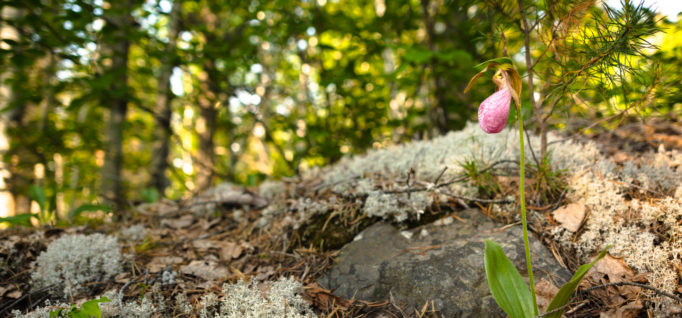College Focuses on Sustainability
By Toni Coleman
May 17, 2016
Edgecombe Community College has “greened” its operations and some of its education programs.
At North Carolina’s Edgecombe Community College (ECC), sustainability is part of the ethos.
The campus not only operates in environmentally conscious ways and offers programming that prepares students for green jobs, but it also has a pair of “spokesgeese” that promote sustainability through their blog, The Norman and Ethel Chronicles.
ECC’s multipronged sustainability program is part of the Code Green Super Curriculum Improvement Project, a North Carolina Community College System effort that has encouraged the state’s 58 community colleges to provide sustainability-focused education programs and to establish sustainable campuses.
ECC has embraced the mandate on multiple levels, from operating the campus in ways that are more energy efficient to adding sustainability components to various programs.
Education for the green economy
ECC is one of five community colleges in the nation — and the only one in North Carolina — to offer a program in historic preservation. ECC teaches students how to restore older structures to make them thermally efficient, using both historical techniques and current standards. Restoring a building generally has less impact on the environment than constructing a new building does.
ECC has also incorporated sustainability curricula in several existing programs, including adding alternative fuels into the automotive systems technology program and energy management into the manufacturing technology program.
The college’s continuing education program enables students to compete for jobs in the green economy by earning a certificate in fields such as residential weatherization and building operation.
The certificate programs caught the attention of at least two local companies: Tyson Foods and Keihin Carolina System Technology sent employees to ECC to earn their building operator certification, says George Anderson, ECC’s sustainability coordinator. Students learned how to better manage energy resources, enabling the companies to save money by operating facilities in a more energy-efficient way.
Upgrading the campus
Sustainability isn’t just something ECC teaches students. In 2005, the college initiated a four-day work week in the summer. By closing shop on Fridays, the college reduces its energy costs by as much as $23,000 each summer.
The college also installed energy-efficient lighting and upgraded its air conditioning system — a chiller used to cool several buildings was more than 40 years old. The upgrade cost the institution $1.2 million, but the savings on energy go toward the loan, which should be paid off within 10 to 12 years, Anderson says.
In addition, the college transformed 30 acres of wetland on its Tarboro campus into a living lab. The college built a trail to the wetlands and added a series of beaver ponds in this previously unused area. The ecosystem includes fish, ducks, geese, wild turkeys and bobcats, as well as plants that are uncommon to the area, such as the pink lady’s slipper orchid.
Environmental biology, art appreciation, physical education and construction trade classes all use the area.
Anderson says the wetlands have afforded the college the opportunity to connect with community groups, such as the local Boy Scouts troop, which installed duck boxes on campus. Visitors from the community can take a stroll on the scenic trails, and children can also enjoy the playground built with natural materials.
Through ECC’s early-college program, high school students also use the area to learn about sustainability. In a 2011 trash-to-treasure challenge, students built kayaks out of cardboard.
“They had to take material destined for the landfill and turn it into something useful,” Anderson says. Some 25 high school students constructed cardboard kayaks and raced them on a local pond in a cardboard regatta.






